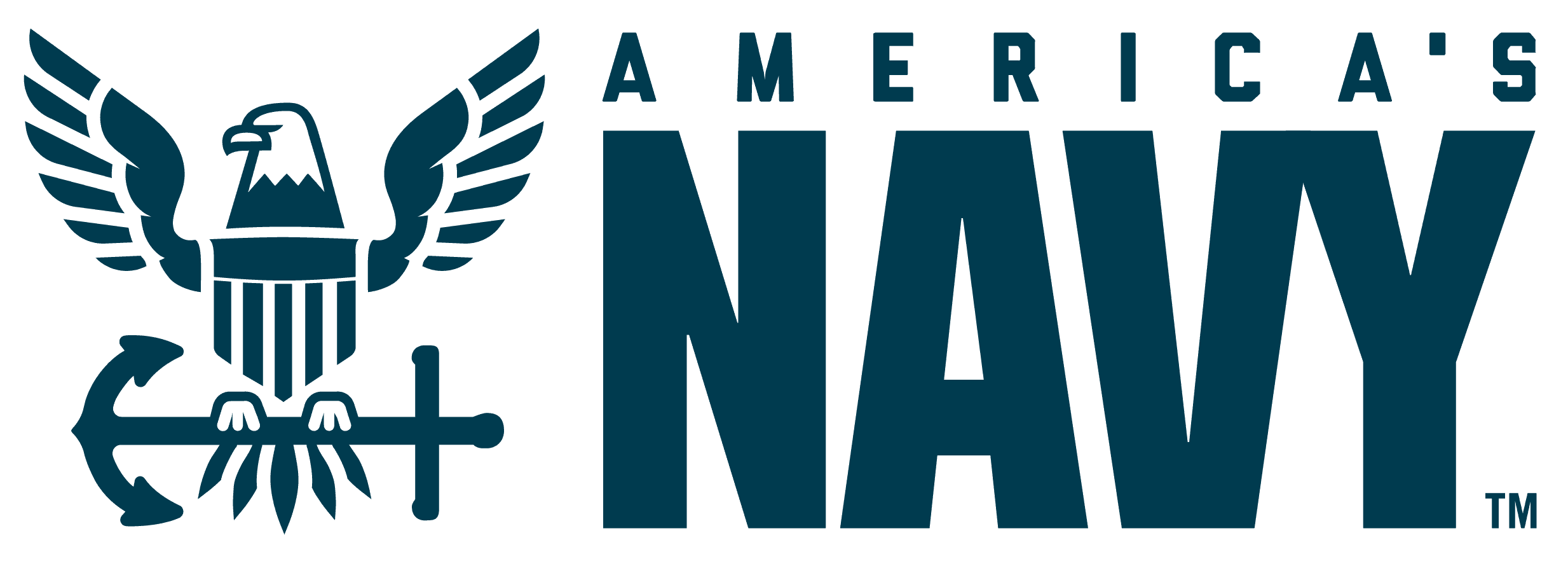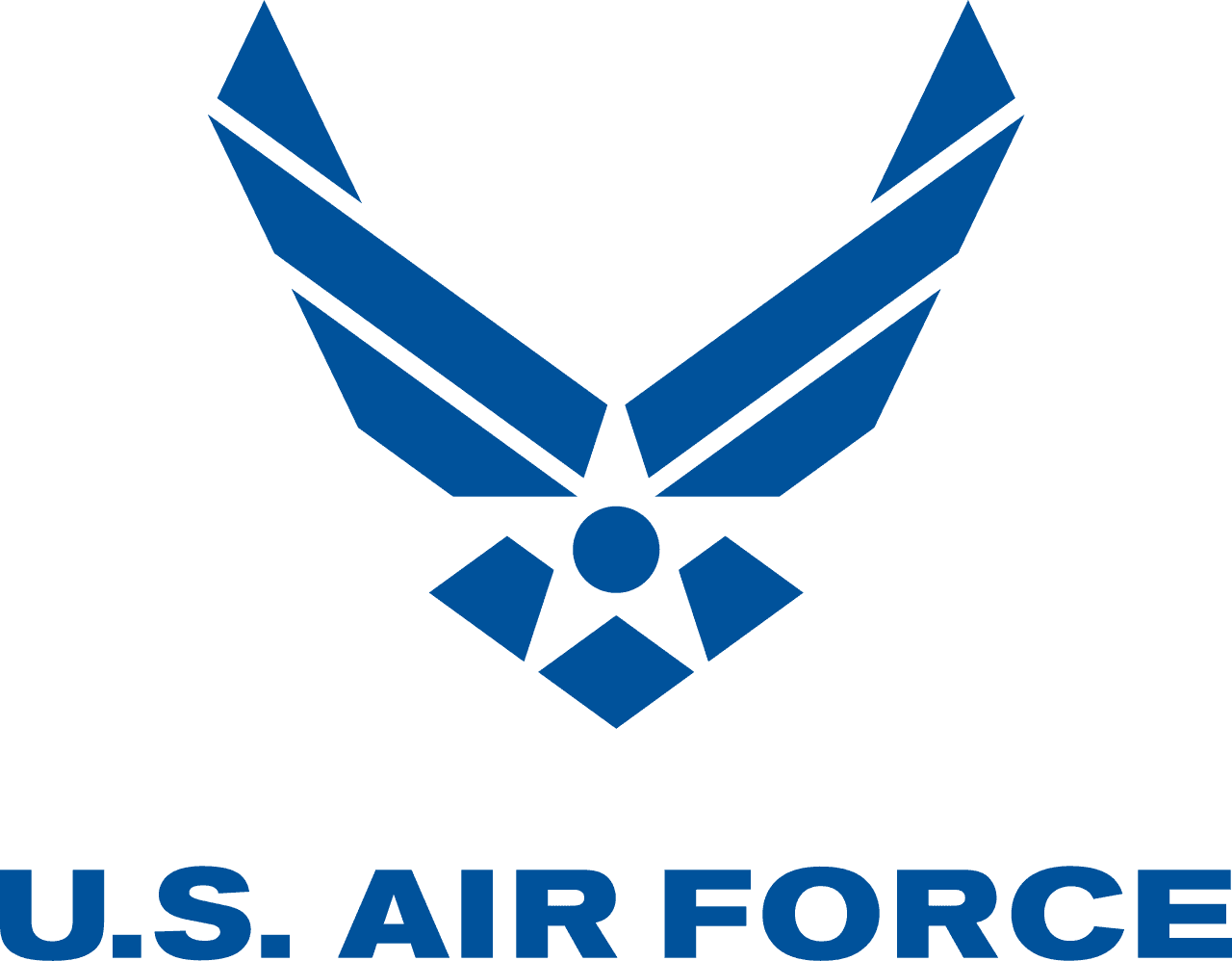Military Nuclear Medicine Technicians
Overview
What are the responsibilities of this role?
Nuclear medicine technicians in the Military administer radioactive isotope via injection, inhalation, and oral administration to create images of organs and organ systems, study body functions and flow, analyze biological specimens, and treat disease. They operate and maintain Gamma camera imaging equipment, devices, and probes.
What is the work environment like?
Nuclear medicine technicians work in hospitals and clinics. In combat situations, they may work in mobile field hospitals. They follow strict safety procedures to minimize exposure to radiation.
How many people have this role in the Military?
245
Compensation
Understanding How Military Pay is More Than Just a Salary
Base pay is the standard income you’ll earn as a service member, providing a stable foundation to start achieving your financial goals.
- Always fixed based on rank and service time.
- Distributed monthly.
What is the typical salary range?
N/A
N/A
N/A
Military Details
Is this a staff or leadership role?
What does the training for this role entail?
All enlisted service members complete basic military training, which includes time spent in a classroom and in the field, and covers tactical and survival skills, physical training, military life and customs, and weapons training. Nuclear medicine technicians in the Military will gain skills through classroom study and on-the-job experience. Job-specific training may include:
- Operation of diagnostic imaging equipment
- Radioactive isotope therapy
- Image processing
- Anatomy and physiology
- Patient care in radiology
- Medical ethics and law
- Principles of radiation protection
- Field radiography
Education
What level of education do professionals in this role have?
Which college majors best prepare you for this role?
- Nuclear Medical Technology/Technologist
Learn About How Military Can Pay for 100% of your College Degree
Skills and Interests
What knowledge is essential to bring to the table?
- Customer and Personal Service
- Biology
- Chemistry
- Computers and Electronics
- Mathematics
What personality traits help people thrive in this role?
You love hands-on work and solving practical problems — like fixing things and building stuff.
You love figuring out how things work and researching subjects that interest you.
You like structure, staying organized, and working with systems to get things done efficiently.
RIASEC represents six broad interest areas—Realistic, Investigative, Artistic, Social, Enterprising and Conventional—helping individuals identify careers that match their skills and preferences.
Take the RIASEC TestData supplied by Bureau of Labor Statistics, National Center of Education Statistics, Defense Manpower Data Center (View our update schedule). Contact any business, college or military service branch to answer additional questions.

